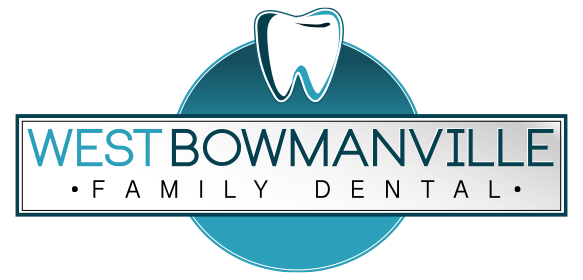As you get older, your health needs change, including your oral health. If you want an enjoyable retirement, it’s important to look after your teeth and gums properly. Poor oral health can adversely affect your quality of life, preventing you from enjoying your retirement to the full. Some of the most common problems experienced by seniors include the following.
Advanced Gum Disease
Advanced gum disease affects a large percentage of the population, causing the gum tissue around teeth to become inflamed, red and tender and bleed frequently. A bacterial infection causes it, and these bacteria can destroy the gums and other structures around your teeth that help hold them in place, including your jawbone. Tooth loss due to gum disease is common. Periodontal disease is also associated with other serious health conditions, including cardiovascular disease and diabetes.
Dental Caries
Dental caries or tooth decay is another very common condition. Teeth are protected by a hard outer layer of tooth enamel, but enamel can become worn or damaged, especially over time. Repeated exposure to acids created by harmful bacteria in your mouth gradually erodes tooth enamel, eventually creating holes or lesions in the enamel that allow bacteria to penetrate the dentin underneath. Dentin is considerably softer and more easily damaged, and a small opening in tooth enamel can hide a much larger cavity underneath. Additionally, gum recession is more common amongst older people, exposing the tooth roots that are more easily eroded. These areas can become decayed.
Dry Mouth
Dry mouth or xerostomia is estimated to affect nearly a third of people over age 65. It’s an uncomfortable condition that can make it harder to chew food comfortably and increases the risk of oral health problems, including tooth decay and gum disease. This is because you need plenty of saliva to wash away harmful bacteria and food debris and keep the mouth clean and fresh. The reason why dry mouth in Newcastle is increasingly prevalent amongst older people is often due to medications. As you get older, you are more likely to need to take medications, and one common side-effect is dry mouth. Medications that can cause xerostomia include those prescribed for high blood pressure, urinary problems, and anti-depressants, beta-blockers, and antihistamines.
Oral Cancer
Although oral cancer in Clarington can affect anyone at any age, it tends to be more frequently diagnosed in people over age 60, especially those who smoke or use tobacco products. Unfortunately, it is often diagnosed late in the day when it is much harder to treat successfully.
Helping You Maintain a Healthy Mouth Regardless of Age
Anyone coming to our dental practice receives a custom preventive dental care plan based on their age, dental health and general health and which is regularly reviewed and updated.
As you get older, we can ensure you receive appropriate preventive dental care to help you look after your teeth and gums. Although you cannot hold back the years, we can help you maintain a healthy mouth more easily. For example, we can discuss preventive dental care treatments like fluoride and the best way to brush and floss effectively, especially for people who may experience a loss of dexterity as they get older.
Many common oral health problems like tooth decay and gum disease are preventable with proper dental care. If you have xerostomia, we can help you manage it more effectively, reducing the risk to your oral health. Did you know regular dental checkups in Courtice include oral cancer screenings? Dentists are specially trained to detect the early signs of oral cancer and are most likely the only medical professionals who regularly inspect the inside of your mouth.

